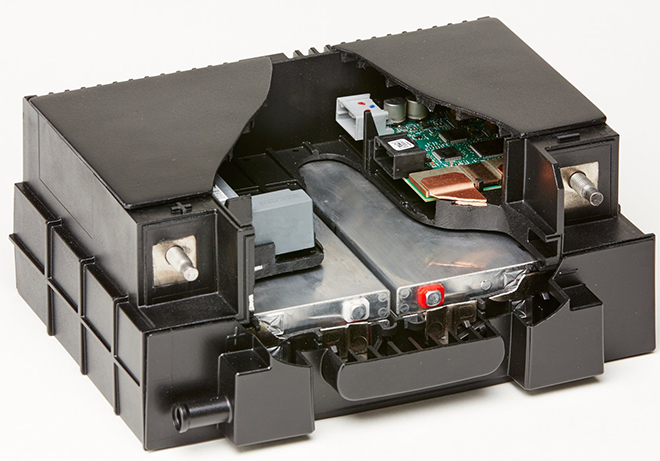Johnson Controls and Toshiba have partnered to develop low-voltage lithium-ion batteries, which they’ll pair with existing lead-acid batteries for dual-battery systems. Paired systems require fewer powertrain alterations than other electrified powertrains, and achieve up to eight percent better fuel efficiency than conventional systems, according to Johnson Controls. Global information provider IHS Markit forecasts that dual-battery vehicles will account for approximately 20 percent of new vehicles by 2025.
Johnson Controls’ plant in Holland, Michigan will manufacture the batteries.
“Low-voltage dual-battery technology is the next step in the evolution of vehicle systems that helps to strike a balance between consumer demands, increasing regulations and automaker economics,” said Johnson Controls Vice President Brian Cooke.
Source: ChargedEVs



